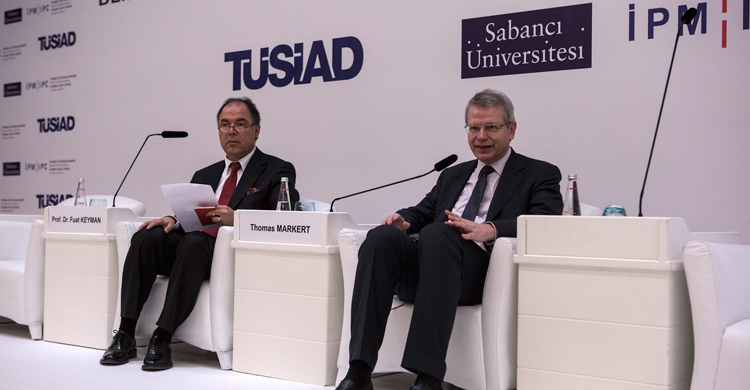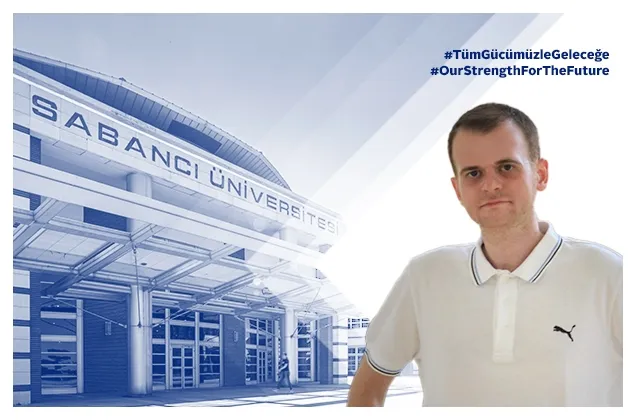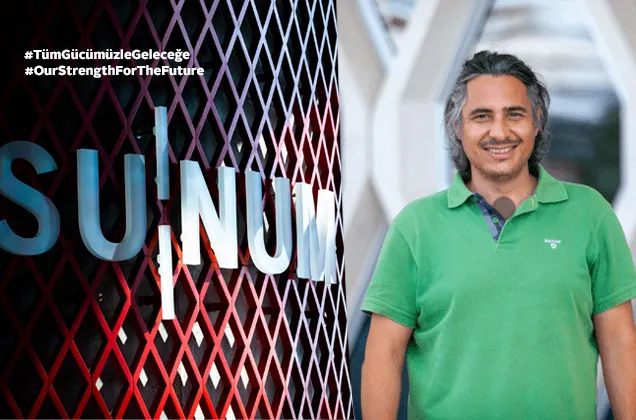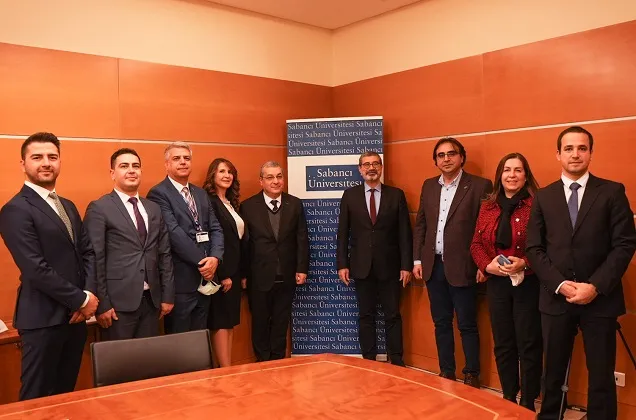29/11/2013
TÜSİAD and Sabancı University Istanbul Policy Center held a conference titled “Institutionalization of Democracy.”

TÜSİAD and Sabancı University Istanbul Policy Center (IPC) held a joint conference as part of their contributions to improve democratic standards in Turkey, drawing attention once again to the need for democratization and discussing the issue as a whole.
The conference at The Marmara Hotel Taksim on November 27 included discussions on the situation of democracy today, the institutions and rules required for democratic institutionalization and sustainability, and lessons for Turkey.
Introductory remarks by TÜSİAD Chairman Muharrem Yılmaz and IPC Director Professor Fuat Keyman

Muharrem Yılmaz explained that TÜSİAD has been involved in countless reports, opinion surveys and seminars for the past two decades to imrove democratic standards in Turkey while many other NGOs provided remarkable input, and said that everyone needed to keep working on this long and winding path. Expressing the overall disappointment in almost missing the opportunity to have a democratic and civilian constitution in Turkey for the first time, Yılmaz said, “This impasse is not at all something to be overlooked or underestimated. Political party representatives claim this to be the work of other party representatives; some even assert that the work for the new constitution should be left to the new parliament that will be formed after the elections in 18 months. This brings to question the sincerity and honesty of steps to be taken for democratization.”
Fuat Keyman said that, despite all the change, Turkey still had low marks in the democracy scorecard, arguing that transformation could not be matched to democracy, and that democracy could not be reinforced. Discussing the new constitution, Keyman argued that checks and balances was a great opportunity in the institutionalization and progress of democracy. Explaining that nongovernmental organizations including TÜSİAD, IPC, TEPAV and many others as well as universities took the new constitution very seriously, doing their part to come up with recommendations, Keyman continued, “While we are in support of creating a new constitution, the commission actually tasked with it is on the verge of dissolution. No one deserves to be ruled with the 1982 Constitution that is the work of a junta. Therefore, if there are issues in the Constitution, the institutionalization of democracy becomes paramount. We will continue our work as civil society organizations.”
Speaking in the plenary session was Dr. Thomas Markert, Director and Secretary General of the Venice Commission, the Council of Europe’s advisory body on constitutional law.
Thomas Markert said that the establishment of a stable democratic system was a marathon rather than a sprint, and that non-EU countries had much more work to do. Referring to Turkey’s economic achievement, Markert said, "In terms of economy, Turkey is one of the most successful countries not just in Europe, but around the world. The Turkish government has been blessed with high confidence for a long time. A large middle class appeared and expectations in the society soared.” Saying that Turkish democracy had a longer history than those in Eastern or Central Europe, Markert continued: "The supervision of military and the bureaucratic elite has been brought to an end and this is good overall, but there is a risk: There is little or no control on the power of the state. This leads to a situation where the winner takes it all. For example, the transformation of a park is a matter at municipal level. In Turkey, this was a national issue. If government activity is to be more efficient, responsibilities should be separared and some things should be left to local administrations.”
Dr. Markert’s lecture was followed by a panel discussion moderated by TÜSİAD Vice President and Chairman of the Commission for Parliamentary Affairs and Political Reform. Speakers in the panel discussion were Istanbul Bilgi University faculty Professor Sibel İnceoğlu and Atılım University faculty Professor Levent Köker.




